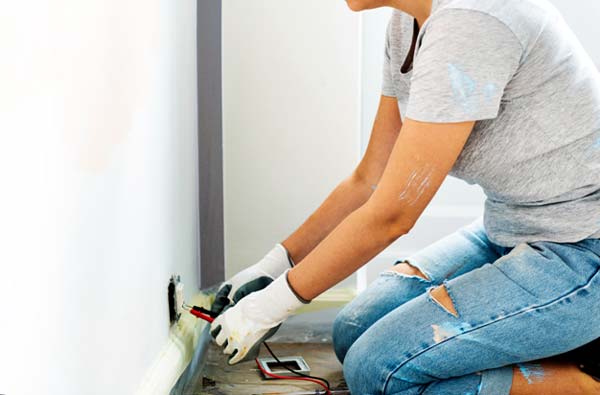Renovating your home and seeing the amazing transformation that occurs is truly exciting! But there is a chance you can get a little carried away when you’re thinking about what you might like to get done. Remember that no matter whether you’re making a few cosmetic changes yourself, or you’re hiring contractors to build an addition to your current house, having a proper budget is critical. This article will help you set a budget for home renovations.

Obviously, none of us has unlimited money. So it’s vital that we are able to create a sensible budget that allows us to be more comfortable with what we spend. Ruling out unrealistic upgrades before starting makes like a lot less stressful.
1. Prioritize the Tasks
Whether you’ve sourced property locally or through a third party such as Ghana Property Centre, there are jobs that need to be carried out right away. Then others that can be left for longer if need be. So when you come to be ready to carry out any renovations on your property, the first thing you’ll need to do is prioritize just what should be done first, and what can be left lower on the list. This way, anything that isn’t important or necessary can be done at a later date if your budget doesn’t fit.
Even if you do want to get everything done, it’s far easier to split the work up into different stages. Finish one entirely before starting the next. The fact that this also makes it easier to budget is a definite advantage.
2. Make a Plan

Once you have everything that needs to be done completely prioritized, you can start to make a plan. Although this might sound like the same thing, it is actually the next step because the plan will have the costs associated with each element of the renovation. One of the best ways to save money on your renovation is with proper planning. That way there should be hidden surprises.
Having this cost in front of you is interesting, but it’s not going to be overly helpful until you also know how much you can spend on your project. You’ll need to work out how you’re going to pay for the renovation and if the money you can spend comes in at more than the money you think you need to pay, you can go ahead. Otherwise, you may need to either put the project on hold or only carry out part of the work.
3. Get Accurate Costs
When you set a budget for home renovations, it’s all about the money right? Well, here’s a very important step. Do everything possible to work with “hard” numbers rather than estimates. When you invite contractors to the property to give you their costs make sure to get it in writing. Contact multiple sources for each aspect of the job.
Once done, compare your options for both the cost of materials and labor before signing any contracts. Getting these accurate costs are key to having a reliable budget for your home renovation. Working through all three of these steps will give you confidence that your budget is solid and you now move forward with the work!



